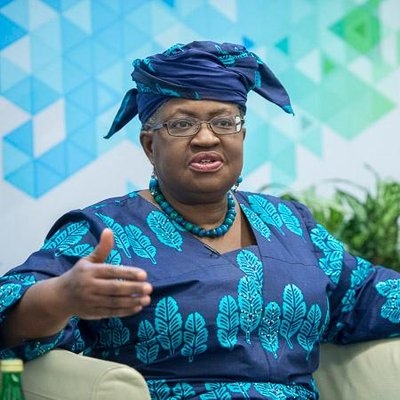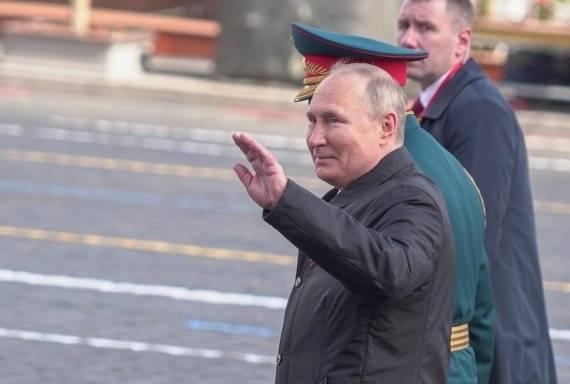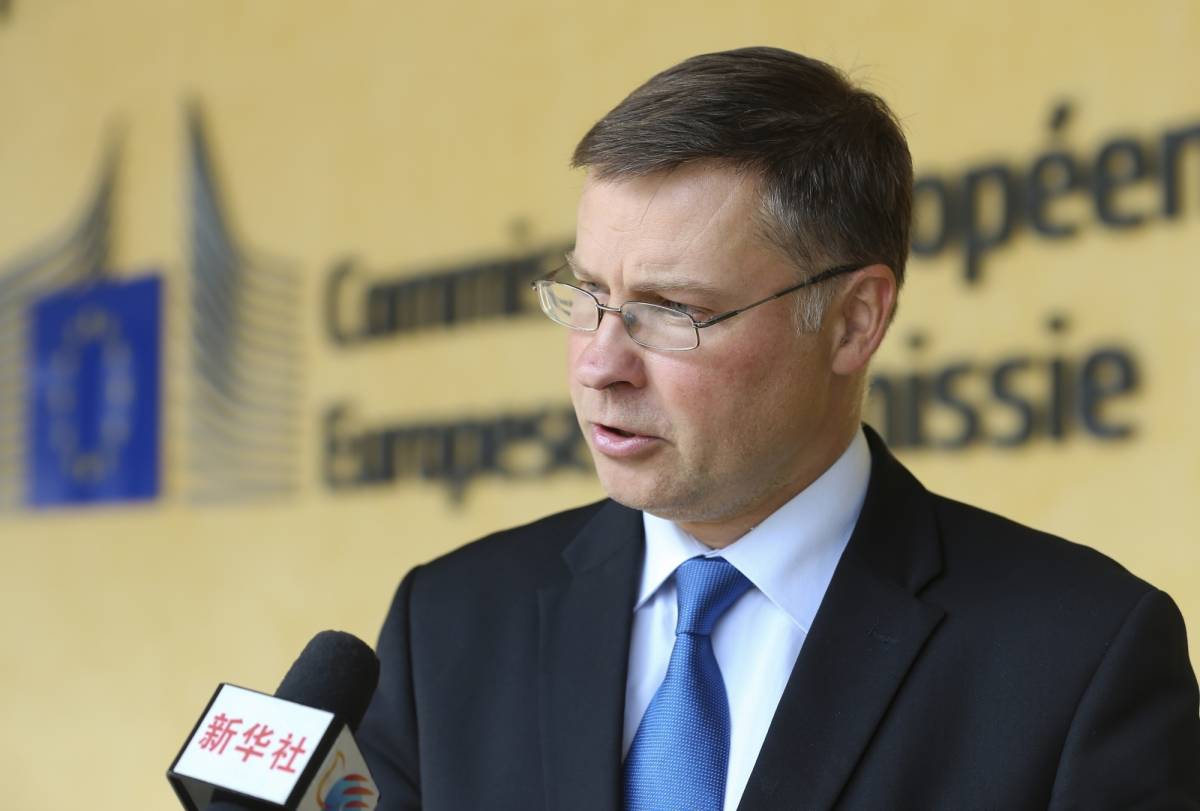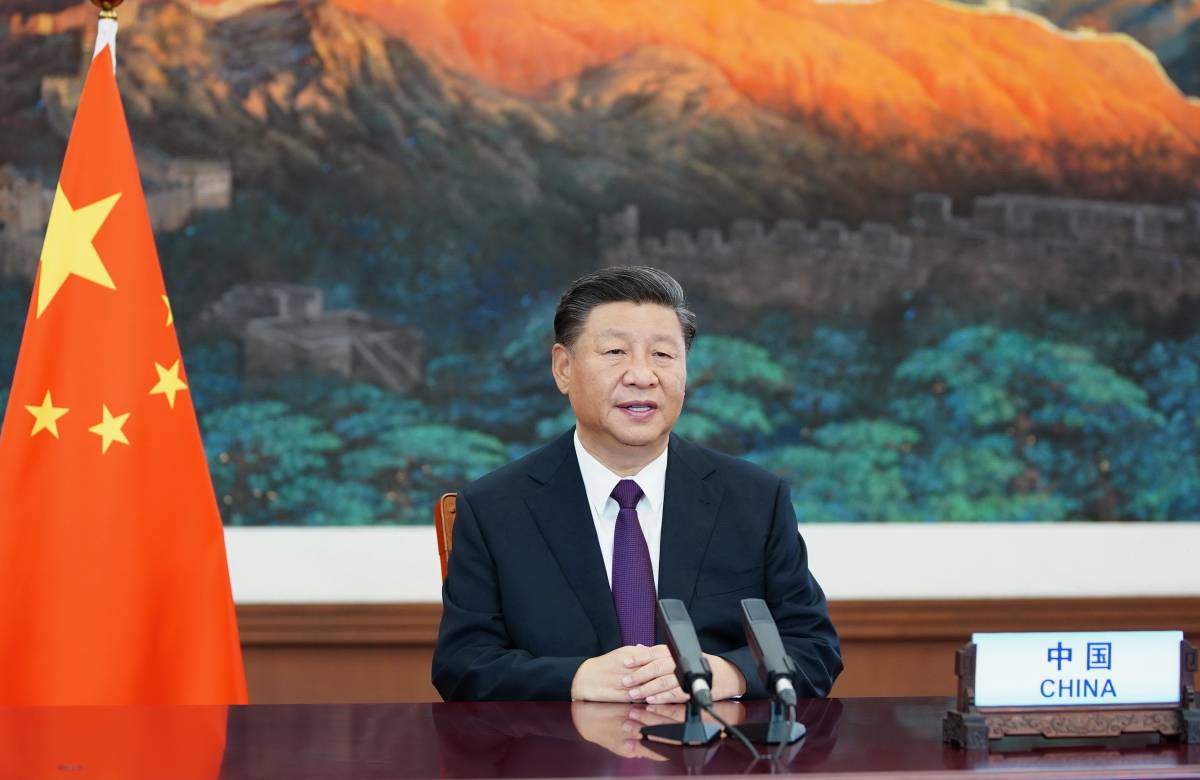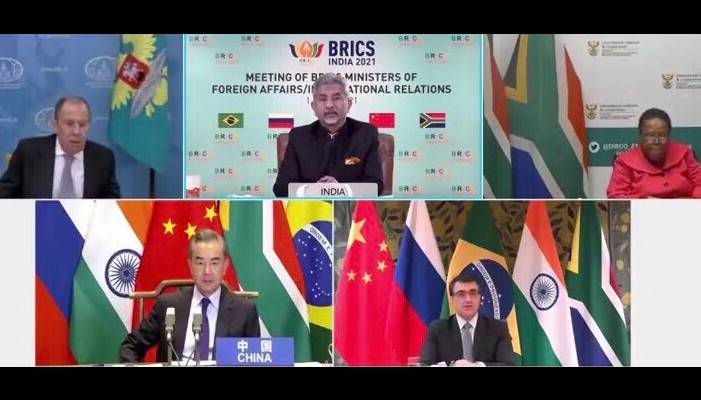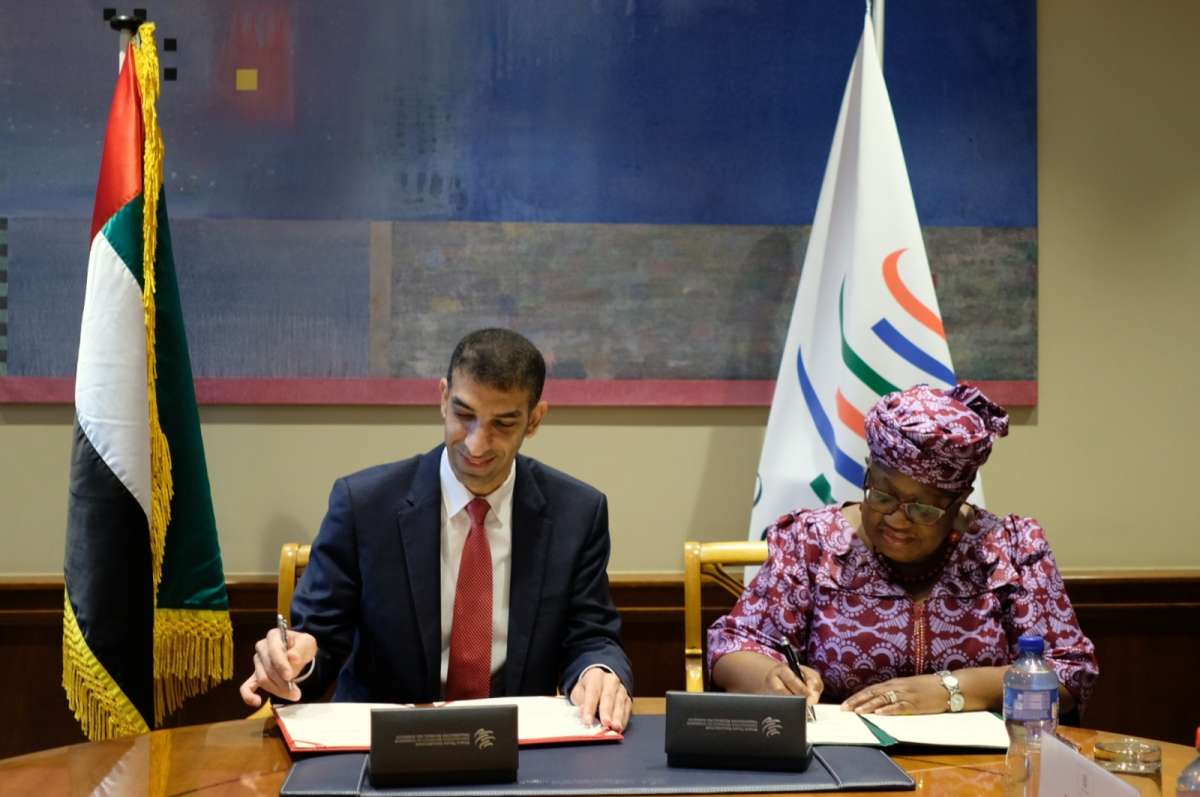
Al Zeyoudi elected chair of WTO conference
The announcement was made during the WTO General Council in Geneva, Switzerland, where he met with the WTO Director-General, Ngozi Okonjo-Iweala….reports Asian Lite News The General Council of the WTO has elected


